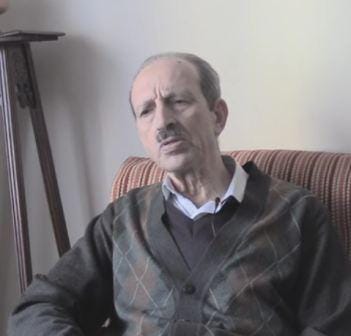Dr. Hamza Benaïssa Eloquently Summarizes "Liberal Freedom"
Dr. Hamza Benaïssa is an Algerian-Muslim thinker who writes mainly in French.
Initially, he was part of the inner circle of Malek Bennabi [1950—1973], arguably the single most important Muslim thinker from 20th-century Algeria.
Following Bennabi’s death in the ‘70s, Benaïssa, who’s a neurosurgeon by formation, would change his perspective after reading the Traditionalists such as René Guénon [1886—1951].
More precisely, and unlike many “Islamists” (including Bennabi), Benaïssa would take a critical approach to the social sciences, and what one can note while reading him is how grounded he himself is in the fields of economics, sociology, anthropology, … but he avoids the Traditionalists’ “religious universalism.”
Here I’ve chosen a short excerpt to translate, where he summarizes “liberal freedom” quite eloquently.
It’s taken from his book L’opium de l’humanité: Modernité et aliénation [“Opium of Mankind:Modernity and Alienation”], on pp. 165—167:
Freedom, in the liberal society, consists essentially in an unbridling of instinctive impulses, not in view of sublimating them, but in view of perpetuating them in the economic field, in the form of the indefinite cycle production — consumption — generation — corruption — conservation — destruction — etc. Here, man is affected by such a passivity, in front of the techno-industrial mirage, that he himself becomes the nourishing substratum of the economic satanism. All his "freedom" consists, permanently, with the help of marketing and advertising, in asking for new narcotics in order not to face the meaningless existence that humanistic practice has inoculated him with. The last and crude avatar of this so-called freedom of expression is the pathological right to blasphemy.
Externally, liberal democracy, concerned only with profit, secures the sources of supply of raw materials and the markets where its production must imperatively be sold. In general, this policy is carried out at the cost of promoting or maintaining puppet regimes, which it either feeds or dismisses as soon as they become too compromising, even if it means invoking the "democratic imperative" or the hackneyed pretext of "saving human lives" to entertain the political and popular gallery. The same need for profit, which keeps entire communities under surveillance, often translates into massive destruction of production, to avoid the collapse of prices, even if at the same time millions of people suffer and die of disease and hunger.




